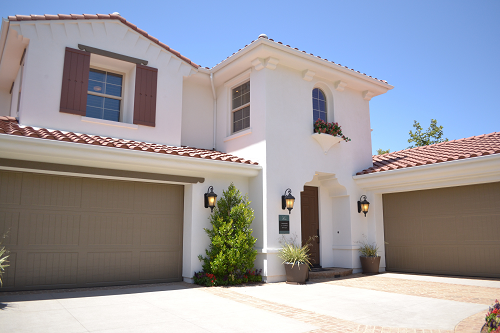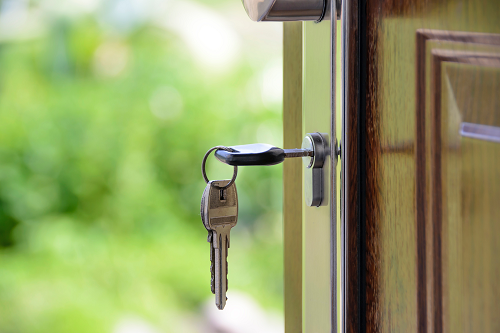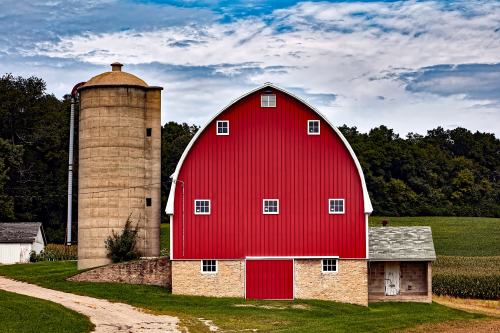Don: Hello, this is Don Shrout with the Wilber Price Insurance Group in Loveland, Ohio. I’m here today to talk about sump pumps. Sump pump failure is probably one of our biggest claims in the insurance industry, so just want to give you a little information on that subject. Thanks.
This is the sump pump in my basement. I do have a battery backup, so you can see there’s a battery there and if you go up, I mounted the controller that keeps track of the battery charge and trickled charges as needed. And also, you can see that I have a cover on the sump pump and if you have kids or something that are throwing things around the basement, it’s a good idea to have a cover on it so it doesn’t interfere with the pump or get stuck in there and cause a problem with the some pump.
This is looking down inside my sump pump. As you can see, I have two pumps. One is the electric pump and one is the battery backup pump. The floats are set at different heights so that the electric one is the primary one, and then the battery backup will only kick in if the primary fails and needs to pump water.
As I said, the water backup is probably one of the most frequent claims in the insurance industry, and I do have a finished basement. So what I did is I set up a second sump pump. It’s never been used. It’s brand new, sitting next to my sump pump. If for some reason both of those failed, which would be very unlikely, I can drop this down in. I have a screwdriver sitting there to loosen the clamps and tighten the new ones, and so I can be up and running in probably less than five minutes if the whole thing happens to fail.
As I mentioned, the average sump pump lasts about 10 years and a battery lasts about five years. So a good rule of thumb is when you replace the battery the second time, it’s probably also a good idea to replace the palm. Now I date the top of my batteries so that I can keep track of when I put them in. And that’s a good way to keep track of when the sump pump and a battery need to be replaced.
One other thing you can do is after heavy rains, you might want to go down and check your basement. Even though I have alarms and stuff, I still occasionally go down in the basement and make sure that there is no water or the carpet’s not wet in any areas. And again, just to be a little bit proactive from that standpoint. So I appreciate you watching the video. Thanks. And have a great day.
OTHER POSTS










